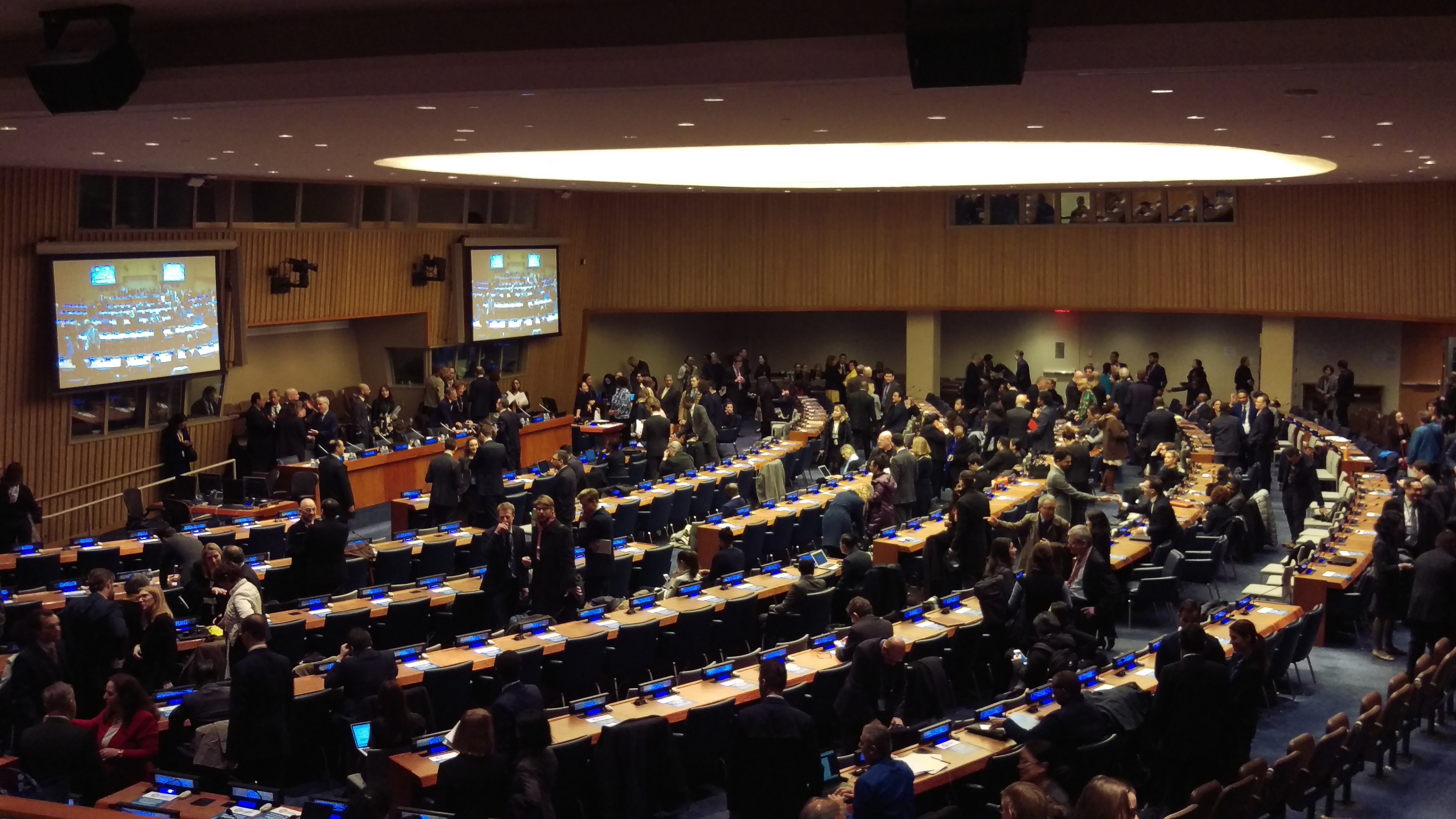Project summary
Global climate change creates a myriad of unprecedented local consequences for people in every corner of the world. In the Pacific Islands, whose people contribute the least to global warming but face its most severe effects, sea-level rise and erosion of land combine to create a challenging situation so far not documented historically: entire nations risk the partial or total loss of their land and sea territories. For people living on low-lying coral atolls, the rising sea already threatens their land and their very existence. As sovereign states, Pacific atoll nations control vast ocean areas as Exclusive Economic Zones that extend 200 nautical miles from land and contain valuable fishery resources. This maritime sovereignty enables such nations with minimal land areas to claim an identity in global political arenas as ‘big ocean states’ and to build national economies from tuna fisheries. But ocean sovereignty is under threat from sea-level rise of up to three times the world average. Initial reviews indicate that global legal institutions are so far ill-prepared to tackle a process whereby sovereign ocean is transformed into un-owned waters – mare nullius – when sea-level rise causes the baselines of 200-mile zones to disappear. This project proceeds from a four-decade research record in Pacific anthropology at the University of Bergen, builds strong interdisciplinary collaboration with climate science and maritime law, and draws in an international network of prominent research partners in the natural and social sciences, law and humanities. The research combines climate science models of sea level rise and erosion of land, legal analysis of maritime law and state sovereignty, and fieldwork-based understandings from anthropology, political science and history of the experiences of Pacific islanders, and of their innovative global diplomacy in the fight against the impending loss of their land and sea.
Objectives
The OceanStates project builds on seven major objectives which are to be addressed in multidisciplinary perspective, and explored through multi-scale anthropology-driven fieldwork, concurrent with developing and analysing scenarios of sea level rise and global legal mechanisms.
[expand title=”Objectives of OceanStates“]
- To build a repertoire of scenarios of sea level rise and sovereignty through oceanography, remote sensing, and studies of applicable legal systems, and to connect scenarios ethnographically to realities at hand;
- To investigate and document the diversity of Pacific knowledge concerning the ocean over the entire range from inshore waters to the high seas, and with reference to gender, age, and geographical locality
- To explore and evaluate, from an ethnographic perspective and dialogues in island locations and political and diplomatic meetings, which circumstances that may cause a Pacific person, a Pacific national population, and a Pacific state to deem their land unviable from sea level rise;
- To understand how Pacific persons, groups, states and leaders on the basis of their own time-honoured models of human-environmental viability interpret, judge, and plan for time-scales and implications of rendering their territories open for potential losses of terrestrial and maritime sovereignty including EEZs;
- To establish how, in the situations at hand, a separation of sovereign land and sea territories from its population can be envisaged, with a particular focus on EEZs;
- To investigate how political, diplomatic and legal negotiations concerning sea level rise, sovereignties, ocean resources and EEZs in the Pacific develop on regional and global scenes;
- To understand the approaches taken by foreign capitalist enterprises to plan for the possible transformation of EEZs into a condition of mare nullius, where access to fish and deep-sea minerals is unhindered by Pacific national sovereignties;
- To analyse the global implications of Pacific Islands responses to the threat to national sovereignties by sea level rise.
[/expand]

